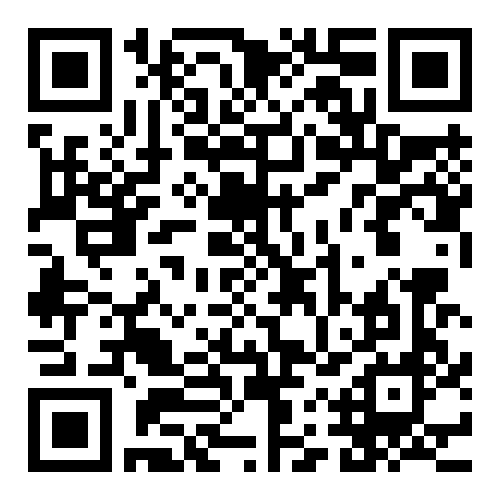What is T4?
T4, also called thyroxine, is the main form of thyroid hormone made by the thyroid gland. Most T4 is bound to proteins, while a small proportion is unbound, or free. Free T4 testing measures T4 that circulates through the blood and is available to enter body tissues and act upon them. Total T4 testing measures the total amount of T4, including free T4 and T4 that is bound to proteins.
T4 is measured by taking a blood sample. A low T4 test result may indicate an underactive thyroid gland or problems with its stimulation by the pituitary gland. A high level of T4 may be a sign of an overactive thyroid, called hyperthyroidism. A T4 test may be ordered if thyroid problems are suspected or to follow up after an abnormal thyroid-stimulating hormone (TSH) test result.
T4 testing helps your doctor evaluate how well your thyroid is working. This test may be ordered to:
- Follow up on an abnormal TSH test result
- Diagnose hyperthyroidism, a condition involving an overactive thyroid gland
- Diagnose hypothyroidism, a condition in which the thyroid gland is underactive
- Monitor T4 levels in patients on thyroid replacement therapy
- Screen for an underactive thyroid gland in newborn babies
- Evaluate other disorders, such as goiters, thyroid nodules, and problems with the pituitary or hypothalamus gland
What does the test measure?
T4 or thyroxine is the major hormone made in your thyroid gland. The name T4 derives from the fact that the thyroxine molecule has four iodine atoms attached to it.
Thyroid hormones are critical to brain development during infancy and for many essential body processes during adulthood. Usually, your body has large stores of T4 circulating in your blood. However, most of your circulating T4 is bound to proteins and is not available for immediate use by the body.
Free T4 testing measures only the active form of thyroid hormone, which is unbound and can directly enter cells and affect them. Total T4 testing measures both bound and unbound T4 in the blood.
When should I get T4 testing?
There are a number of different reasons why a doctor might order a T4 test. Often it is ordered to follow up on an abnormal TSH test result.
It may also be used when a patient has symptoms that may be related to a thyroid disorder. Underactive thyroid (hypothyroidism) and overactive thyroid (hyperthyroidism) are both common diseases. If you are having symptoms of these disorders, your doctor may order a T4 test in combination with other thyroid function tests, such as TSH and T3. This series of tests is also called a thyroid panel.
Hypothyroidism affects nearly 5% of adolescents and adults in the United States. Symptoms of hypothyroidism may include:
- Fatigue
- Weight gain
- Feeling cold
- Painful joints and muscles
- Dry skin
- Thin and/or dry hair
- Slow heart rate
- Constipation
- Depression
- Irregular menstrual periods
- Fertility problems
Another common thyroid disorder is hyperthyroidism, which affects slightly more than 1% of people in the U.S.
- Weight loss
- Anxiety
- Insomnia
- Irritability
- Difficulty tolerating heat
- Mood swings
- Rapid or irregular heartbeat
- Loose, frequent bowel movements
There are additional reasons why a doctor might check a patient’s T4, such as monitoring the effectiveness of treatment with replacement thyroid hormones, screening newborns for congenital hypothyroidism, and evaluating possible problems with the hypothalamus or pituitary gland.
Thyroid-stimulating hormone (TSH)
Thyroid-stimulating hormone (TSH) is produced in the pituitary gland and regulates the balance of thyroid hormones –- including T4 and T3 -- in the bloodstream. This is usually the first test your provider will do to check for thyroid hormone imbalance. Most of the time, thyroid hormone deficiency (hypothyroidism) is associated with an elevated TSH level, while thyroid hormone excess (hyperthyroidism) is associated with a low TSH level. If TSH is abnormal, measurement of thyroid hormones directly, including thyroxine (T4) and triiodothyronine (T3) may be done to further evaluate the problem. Normal test range for an adult: 0.40 - 4.50 mIU/mL (milli-international units per liter of blood).

